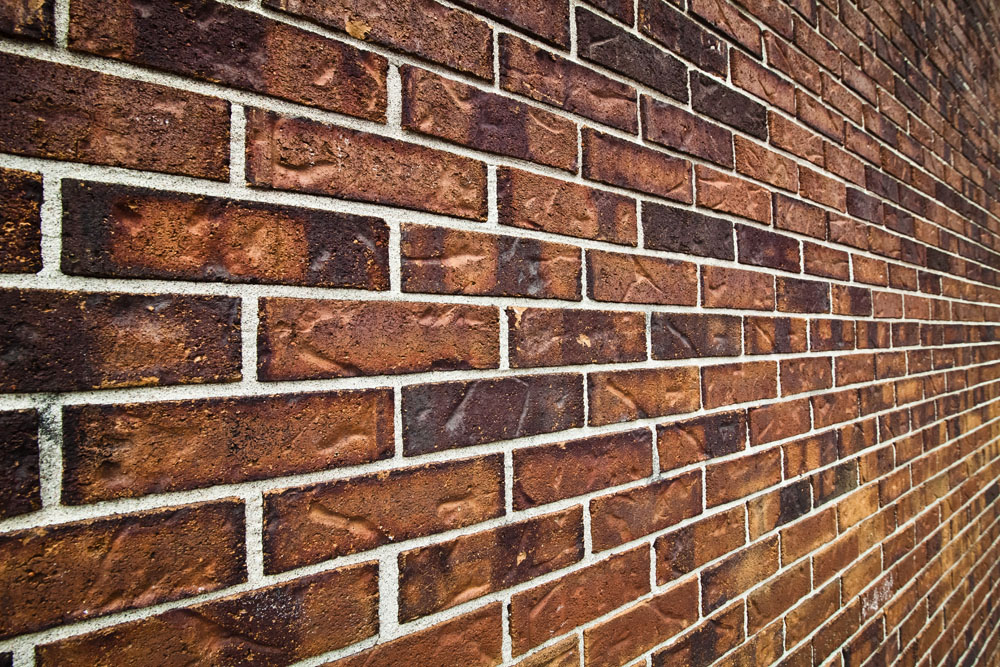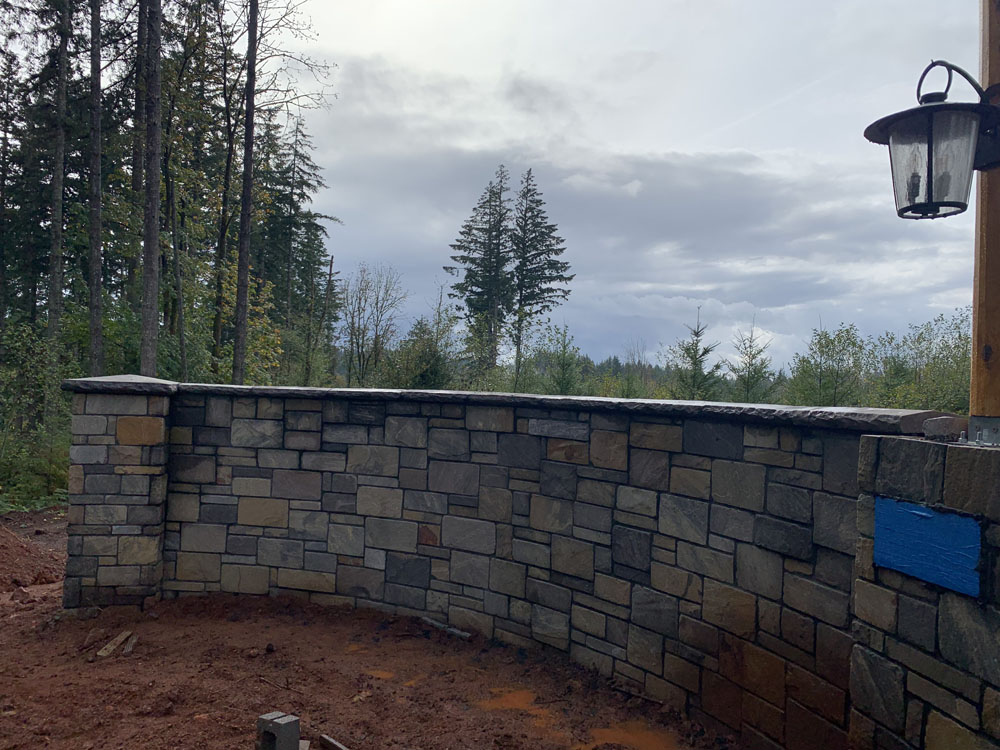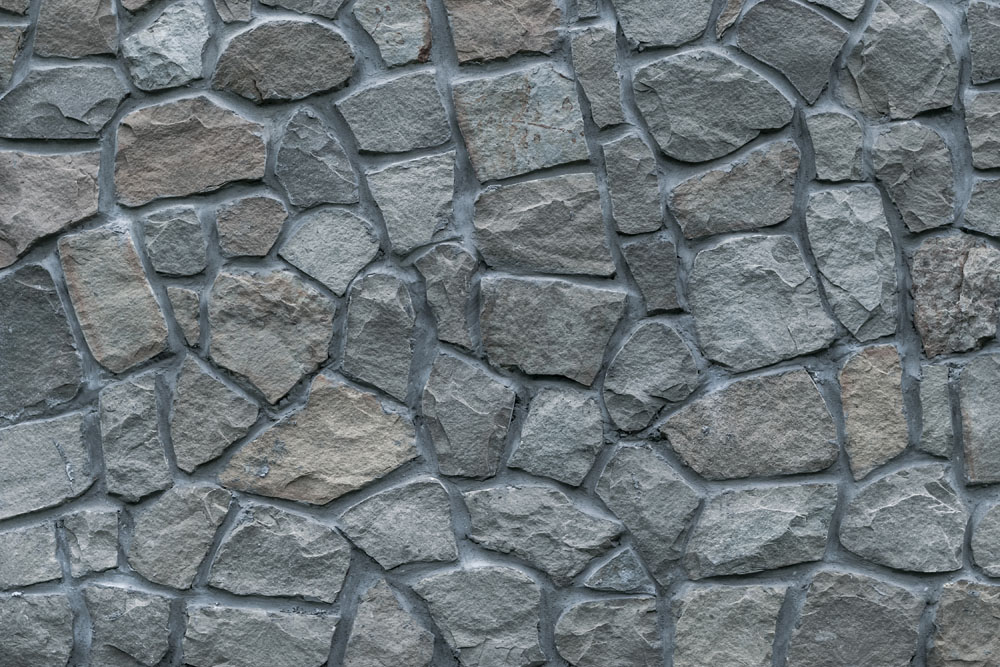Introduction
Homeownership comes with an array of responsibilities, one of which is maintaining and improving your property. Whether you’re looking to build a patio, restore a brick wall, or create a stunning stone façade, hiring a masonry contractor can be a game-changer. However, before you dive headfirst into your next home improvement project, it’s essential to understand the intricacies of masonry contractors' pricing strategies. This article will delve deep into what you need to know about these pricing structures, enabling you to make informed decisions that don’t break the bank.
What Every Homeowner Should Know About Mason Contractors’ Pricing Strategies
When it comes to hiring a masonry contractor, understanding their pricing strategies is crucial. Why? Because prices can vary significantly based on various factors such as material costs, labor rates, and project complexity. A savvy homeowner should consider these aspects before signing on the dotted line.
Understanding Masonry Work and Its Costs
Masonry work involves constructing buildings and structures using materials like bricks, stones, concrete blocks, and more. The cost associated with these projects can fluctuate widely based on several key factors:

- Material Choice: Different materials have different price points. For instance, natural stone may be more expensive than concrete. Labor Intensity: Some projects require more skilled labor than others. Project Size: Larger projects typically lead to lower costs per square foot due to economies of scale.
Factors Influencing Mason Contractors’ Pricing
1. Material Quality
The quality of materials significantly impacts the overall price. Higher-quality bricks or stones not only cost more but also often require specialized installation techniques. It’s worth asking your mason contractor about their preferred material suppliers and the pros and cons of each option.
2. Labor Costs
Labor costs can vary based on geographical location and the contractor's experience level. In areas where demand for skilled labor exceeds supply, expect higher rates. Moreover, specialized masons often charge more due to their expertise.
3. Project Complexity
Is your project straightforward or does it involve intricate designs? Complex jobs requiring custom cuts or unique layouts will naturally cost more because they demand additional time and precision from the masonry contractor.
4. Seasonality
Did you know that seasonality influences pricing? During peak construction seasons (often spring and summer), demand surges and so do prices! Planning your project during off-peak times could save you significant bucks.

5. Location Proximity
Your home's location plays a vital role in determining costs too! If the construction site is remote or difficult to access, contractors may charge extra for transportation and logistics.

Common Types of Masonry Projects
Before hiring that masonry contractor you've been eyeing, let's explore some common types of masonry projects so that you're well-informed:
1. Brickwork: The Classic Choice
If you're considering traditional aesthetics, brickwork might be your go-to option! Bricks are durable and versatile but do come with varying costs depending on type (e.g., face bricks vs fire bricks).
2. Stone Veneer: A Touch of Elegance
Stone veneer provides an upscale look without breaking the bank compared to full stone installations! However, it's essential to inquire about installation techniques since not all contractors are experienced with this material.
3. Concrete Block Construction: Functional & Cost-effective
Concrete blocks are highly functional for building foundations or walls at a lower price point but may lack visual appeal unless finished properly.
4. Paving Stones: Outdoor Appeal
Paving stones offer excellent durability for outdoor spaces like patios or walkways but require careful planning for drainage systems—another factor influencing total costs!
How To Get Accurate Estimates from Mason Contractors
Nothing’s worse than budget surprises halfway through a project! Here’s how you can avoid them:
1. Request Detailed Quotes
When getting estimates from different masonry contractors, ensure they provide detailed quotes outlining labor, materials used, timelines involved—and even possible contingencies!
2. Ask About Their Pricing Structure
Some contractors charge by the hour while others work on fixed-price contracts based on square footage; understanding this upfront helps clarify expectations!
3. Compare Apples with Apples (and Oranges)
While comparing quotes from multiple contractors is essential for gauging fair market rates—make sure each quote reflects similar scope conditions.
Negotiating with Your Mason Contractor: Tips & Tricks
You’ve done your research; now it’s time to negotiate like a pro!
1. Be Upfront About Your Budget Constraints
Many homeowners shy away from discussing budgets early on—don’t be that person! Being honest may help find alternatives within your price range without sacrificing quality.
2. Discuss Payment Terms Early On
Clarify payment terms before any work begins! Some contractors offer discounts for upfront payments while others prefer staggered payments tied to milestones throughout construction progress.
3. Don’t Hesitate to Ask Questions!
Curiosity didn’t kill the cat; it helps homeowners understand their investments better! Ask about warranties offered post-construction as well as maintenance services included in their packages.
FAQs About Mason Contractors’ Pricing Strategies
Here are some frequently asked questions homeowners tend to have regarding masonry pricing strategies:
1. How much should I expect to pay per square foot for masonry work?
Pricing varies widely depending on materials used and job complexity but generally ranges from $10-$30 per square foot for standard brickwork.
2. Are there hidden costs I should be aware of?
Yes! Additional expenses such as permits required by local authorities or unexpected issues uncovered during demolition can add up quickly if not accounted for beforehand!
3. How long does it usually take to complete typical masonry projects?
Smaller jobs may take just a few days whereas larger projects could span weeks—always discuss timelines directly with your chosen contractor!
4. Can I provide my own materials?
Absolutely! Many homeowners opt for specific brands/styles—but make sure any materials comply with local building codes first!
5.Will I need permits for my masonry project?
Most likely yes; check local regulations as permits ensure safety standards are upheld throughout construction phases!
6.Can I change my mind mid-project?
While changes are sometimes feasible—they often incur additional charges due to labor/material adjustments needed so communicate any concerns promptly!
Conclusion
In conclusion, understanding masonry contractors' pricing strategies is vital for every homeowner looking to undertake renovation or construction projects involving brickwork or stonework around their homes! By keeping in mind factors such as material choices , labor intensity , project complexities , seasonal fluctuations , geographic nuances —you’ll position yourself favorably towards negotiating successful outcomes without breaking budgets . So roll up those sleeves—it’s time to embark upon creating beautiful spaces that not only elevate property value but also showcase personal style preferences ! Remember : knowledge is power when navigating this intricate https://ramosmasonry.com https://ramosmasonry.com/about-ramos-masonry-construction-company Masonry Contractor Near You in Salem world of home improvement .